Engage with our experts to discuss your energy needs and explore the best solutions for your specific requirements.
hello.
have a project in mind?
have a project in mind?


From conceptualization to execution, we offer end-to-end Engineering, Procurement, and Construction (EPC) services for seamless solar project implementation.
Our comprehensive services cover the entire lifecycle of your solar energy system, ensuring optimal performance and longevity.
Tailored to meet your specific needs, our experts design and implement customized solar solutions integrated into your existing energy infrastructure.

Solar panels are a component of a photovoltaic (PV) system that convert the sun’s energy into electricity and heat. They are made of a series of solar cells, usually made from silicon or another semiconductor material, that are arranged into a panel. When sunlight hits the panel, the material releases electrons and creates an electric charge, which is captured by the wiring in the panels and produces an electric current. This process is known as the photovoltaic (PV) effect, which is why solar panels are also called PV panels or PV modules.
There are also three types of solar panels:

A solar inverter is an electrical converter which changes the direct current (DC) electricity captured by solar panels, into alternating current (AC), which is the standard flow of electricity required for electrical circuits and domestic appliances.
Solar inverters work by doing the following:

Solar Mounting Structures are critical components that ensure the efficiency of a solar power system in both utility and rooftop applications. These frameworks allow panels to rest comfortably at the right angle which helps in maximizing energy generation.
There are five primary types of solar mounting structures.

Our Solar Energy monitoring is an innovative and adapting system that leverages the power of the Internet of Things to optimise the performance and maintenance of solar panel networks.The most prevalent use of solar panel systems, IoT sensors and IoT devices integrated with an industrial solar panel farm are industrial applications.
Embedded and auxiliary IoT systems provide real-time data on various key factors that affect performance, such as temperature, voltage/current output characteristics, and sunlight intensity.
Other key factors, including irradiance, debris, dirt, and damage, are monitorable by our IoT systems, allowing for proactive maintenance and immediate repairs.This level of remote monitoring improves overall efficiency and reduces downtime, meaning that operators and owners can save operational costs and limit down-time or inefficient operational conditions.

SCADA stands for Supervisory Control and Data Acquisition. SPP SCADA system is a complex monitoring and control mechanism used especially in Solar Power Plant (SPP) applications. This system is designed to ensure efficient management of energy production.
The SPP SCADA system offers real-time data collection and monitoring in power plants. Below is a simple explanation of how the system works:
Data Collection
RTUs collect data from the field and send it to the central computer.
Data Processing
The collected data is processed for analysis and control purposes.
Monitoring and Control
The system monitors energy production and intervenes when necessary.
Reporting
Generates detailed reports on production.

The main purpose of the Fuel Save Controller is to save fuel by substituting parts of the genset load with PV energy and to allow for a stable network operation at the same time.
The system’s design suits installation into the local grid with existing fuel generator units. The fuel save controller manages the performance of fuel generators according to the grid demand and the power supply from the PV system. Fuel generators are used only if the PV system does not produce enough electricity.
Engage with our experts to discuss your energy needs and explore the best solutions for your specific requirements.

Our team develops a customised plan, utilising the latest technology and best practices for optimal solar energy system design and engineering.

We source high-quality components from trusted manufacturers to ensure the reliability and efficiency of your solar setup

Skilled technicians handle the installation process with precision and expertise, ensuring a seamless transition to solar energy.
Our commitment extends beyond installation; we provide ongoing maintenance and support to maximize the performance and lifespan of your solar energy system.






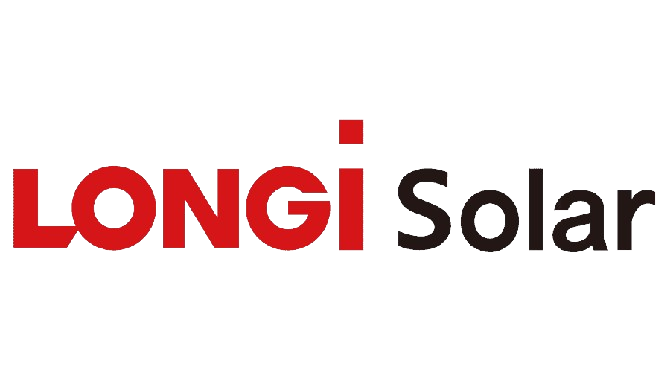




Rooftop installations stand as the premier choice for solar panel setups, excelling in both residential and commercial applications. The enduring popularity of rooftop mounts lies in their space-saving advantage, seamlessly integrating solar panels without claiming additional square footage.
Available in various sizes, utility-scale installations prioritize maximum output, generating electricity for multiple buildings. These solar facilities contribute clean, renewable energy to the grid, benefiting businesses and municipalities aiming to reduce carbon footprints and lower energy costs.



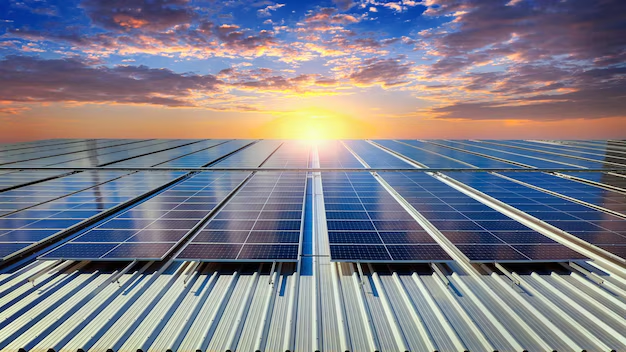
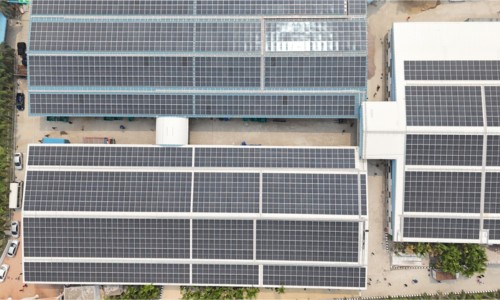
Client: Fakir Apparels Ltd.
Location: BSCIC Industrial Area, Narayanganj
Project Type: Grid Tie Rooftop Solar
Project Size: 1.1 MWp
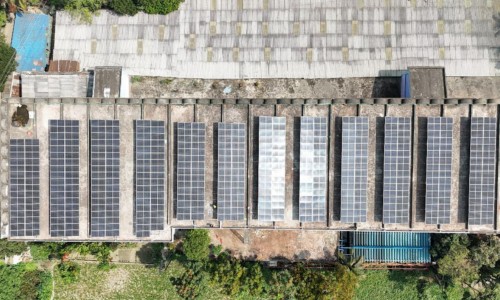
Client: Younus Cold Storage Ltd.
Location: Tongibari, Munshiganj
Project Type: Grid Tie Rooftop Solar Project.
Project Size: 231 KWp

Client: Elite Garments Industries Ltd.
Location: Board Bazar, Gazipur
Project Type: Grid Tie Rooftop Solar
Project Size: 296 KWp
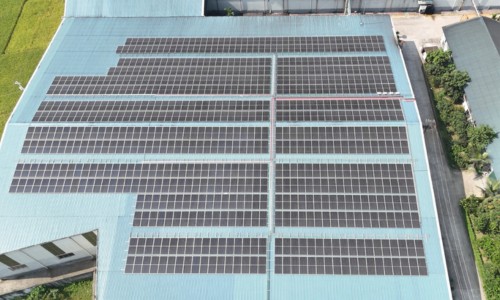
Client: Robin Printing & Packages Ltd.
Location: Sreepur, Gazipur.
Project Type: Grid Tie Rooftop Solar Project
Project Size: 439.2 KWp
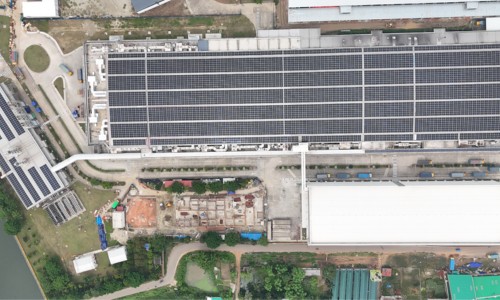
Client: British American Tobacco Bangladesh Ltd.
Location: Mojarmill, Savar, Dhaka.
Project Type: Grid Tie Rooftop Solar Project
Project Size: 3.2MWp
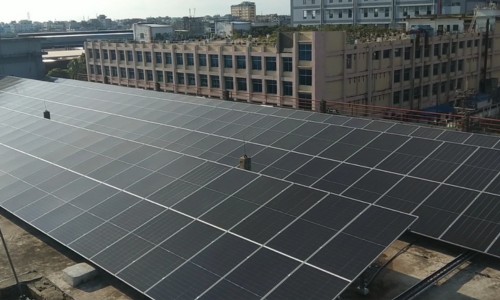
Client: OFMA Camp Ltd
Location: KEPZ,Chittagong.
Project Type: Grid Tie Rooftop Solar Project
Project Size: 510 KWp
Quick Links
solutions
Address
mail/fax
contact
© 2025